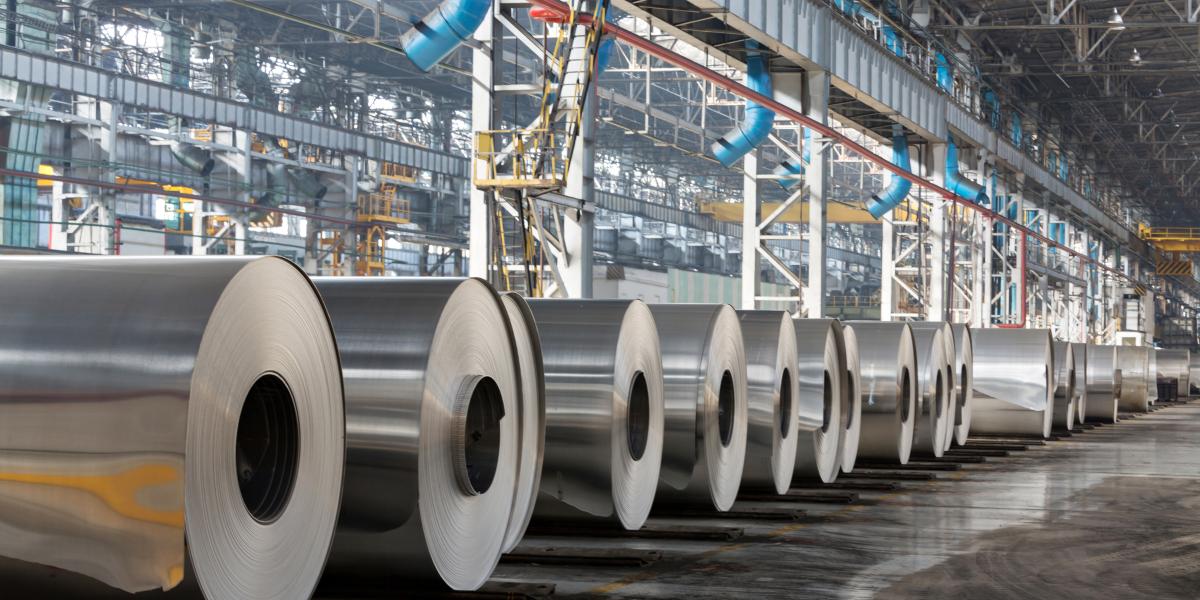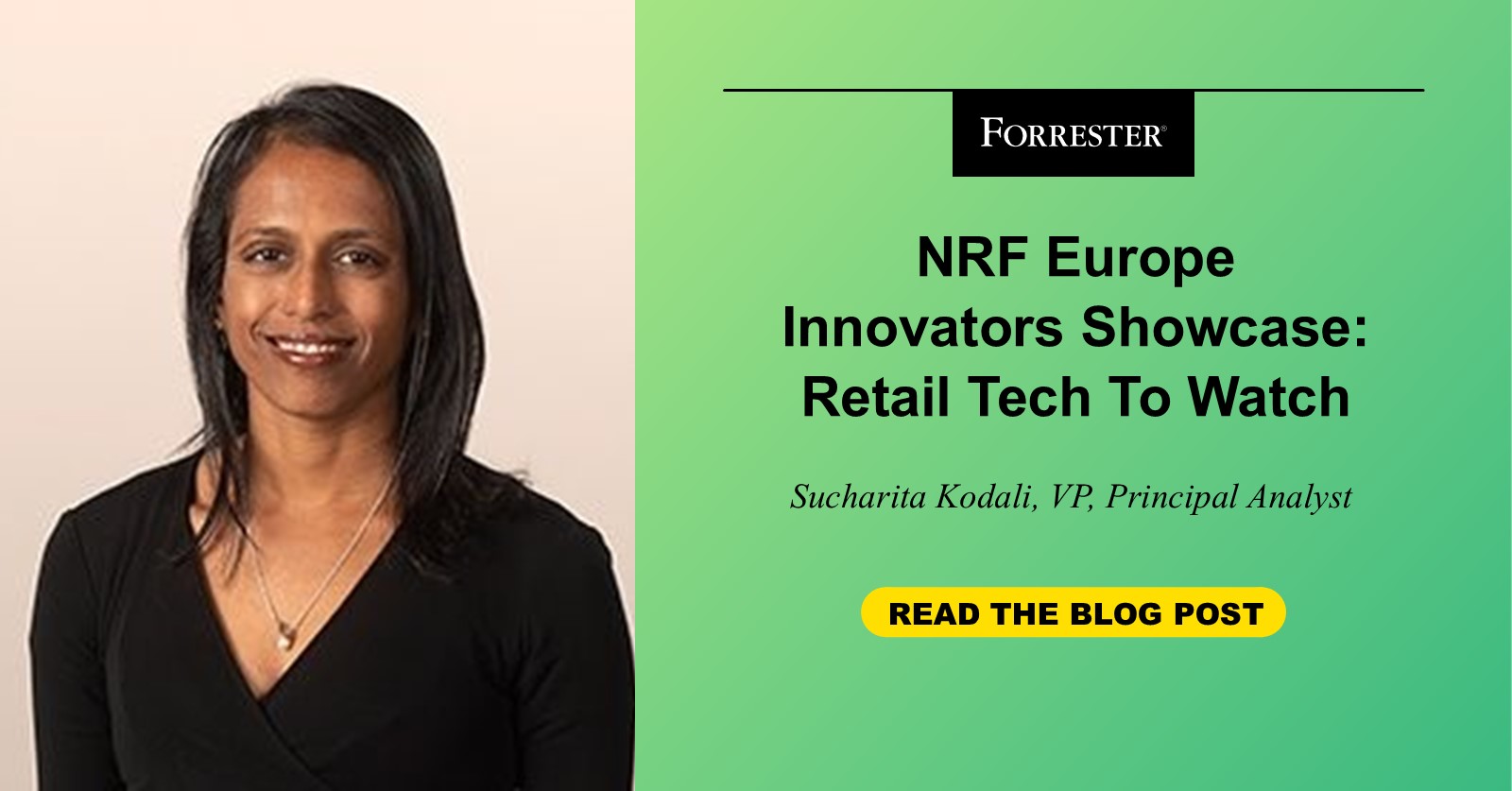When a government imposes tariffs, the stated intention is simple: protect domestic industry, support local jobs, and strengthen national economic resilience. Yet, from the perspective of Austrian economics, specifically the insights of Ludwig von Mises and Frédéric Bastiat, tariffs are rarely successful in achieving their stated aims. Instead, they generate unseen but profound costs, hidden disruptions, and massive economic dislocations due to the inherent heterogeneity and specificity of capital goods involved.
Charles Johnson, President & CEO of the Aluminum Association, recently provided illuminating examples from the aluminum industry that exemplify precisely these insights. Johnson pointed out the dramatic decline in US aluminum smelting facilities—from 30 smelters a few decades ago to only four today. Tariffs, the Trump administration argues, will incentivize reshoring of aluminum production. But Johnson’s insights vividly illustrate why tariffs not only fail to achieve their intended goal but often exacerbate underlying problems.
Capital is Inherently Heterogeneous
The cornerstone of Austrian capital theory is that capital is heterogeneous—highly specific and tailored for particular tasks. Unlike interchangeable commodities, specialized capital goods are designed explicitly for particular production processes. Aluminum smelters are a prime example. These facilities aren’t generic factories; they’re specialized operations designed specifically around aluminum production processes. A smelter cannot quickly pivot to produce different metals, alloys, or products.
Johnson highlights that building a new primary aluminum smelter takes at least 8 to 10 years. Such lengthy timelines include permitting, construction, and operational startup, all of which demand enormous upfront capital investments. Beyond the high upfront costs, smelters also require long-term commitments from the energy sector—often spanning 25 to 30 years—to secure the large, uninterrupted power supply crucial for aluminum smelting. Aluminum smelting is particularly energy-intensive, consuming about six times the electricity of even data-heavy sectors like AI data centers.
This isn’t merely an issue of “equipment,” but also of interconnected capital structures: energy infrastructure, transmission lines, railways, ports, and specialized logistics networks. Energy supplies, like hydroelectric dams or power plants, are tied to specific geographic locations. They can’t simply relocate without enormous cost and disruption. The transmission lines connecting power sources to smelters are similarly immobile and represent enormous, specialized investments that cannot be easily moved or replicated.
Moreover, the raw materials themselves underscore this point further. Not all aluminum ore (bauxite) is equal. Ore bodies differ in metal concentration, ease of extraction, and even molecular and isotopic composition, all factors determining the cost and process of extraction. Historical industrial regions—the Ruhr in Germany, Donbas in Ukraine, Pennsylvania and Ohio in the US—developed precisely because of their proximity to specific ore types and the appropriate supporting infrastructure, including coal deposits necessary for steel smelting. Aluminum production similarly benefits from specific geographic advantages and integrated supply chains, especially in Canada, where abundant hydroelectric power sources offer affordable, stable energy essential for smelting.
Johnson underscores this by emphasizing the significance of Canadian aluminum to the American economy. One Canadian aluminum smelting job, he notes, supports approximately 13 downstream American manufacturing jobs. Thus, disrupting aluminum imports from Canada not only risks raising domestic prices but also threatens job losses in US industries like automotive, aerospace, construction, and consumer goods.
Mises’s concept of economic intervention is clear here: interventions rarely accomplish their intended goals without generating unintended consequences. Tariffs, while creating visible short-term “protection” (the seen), introduce massive hidden costs (the unseen), including prolonged production delays, disrupted supply chains, resource misallocation, and loss of competitiveness. Tariffs artificially redirect resources away from more productive uses, locking up capital in prolonged, uncertain investment cycles.
Bastiat’s “seen versus unseen” principle shines a bright light on this scenario. Policymakers might easily see immediate, tangible benefits from tariffs: domestic aluminum producers appear protected, some job announcements might follow, and headlines might proclaim economic patriotism. However, the unseen consequences—massive disruptions, long-term inefficiencies, and deep-rooted misallocations of capital—loom much larger. These unseen costs can ripple through the economy for decades, far outstripping short-term benefits.
From the Austrian economics perspective, the question becomes one of opportunity cost. Is diverting capital to build costly new smelters, reconfigure energy supply chains, and replicate infrastructure already efficiently provided by integrated North American networks truly the best use of scarce US resources? Or is this capital better allocated toward industries and innovations where resources are more flexibly and quickly deployable?
In the end, the aluminum tariff story demonstrates a fundamental truth: all capital is heterogeneous, and this heterogeneity imposes severe limitations on interventions designed to artificially reshape production processes. Such interventions are inherently costly, disruptive, and rarely achieve their intended purposes—often resulting in outcomes directly opposite to those sought by policymakers. Tariffs, rather than strengthening domestic production, may inadvertently weaken it, burdening the economy with hidden costs for decades into the future.
Policymakers would be wise to heed the warnings from Johnson’s insights and the timeless lessons of Austrian economics. Economic strength and resilience come from allowing heterogeneous capital to flow naturally into its most productive uses, not from forced reallocations through tariffs that disrupt finely-tuned economic structures.

























